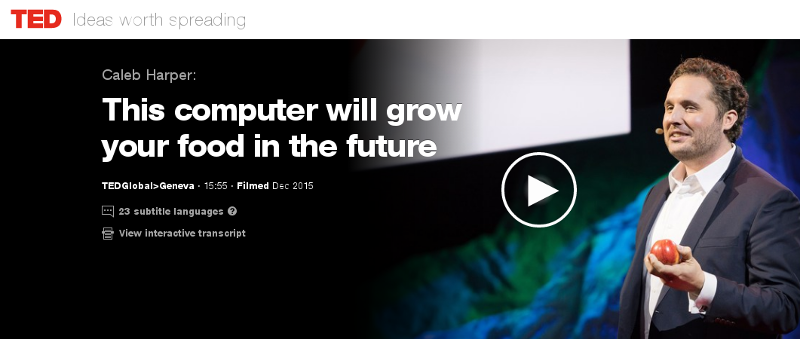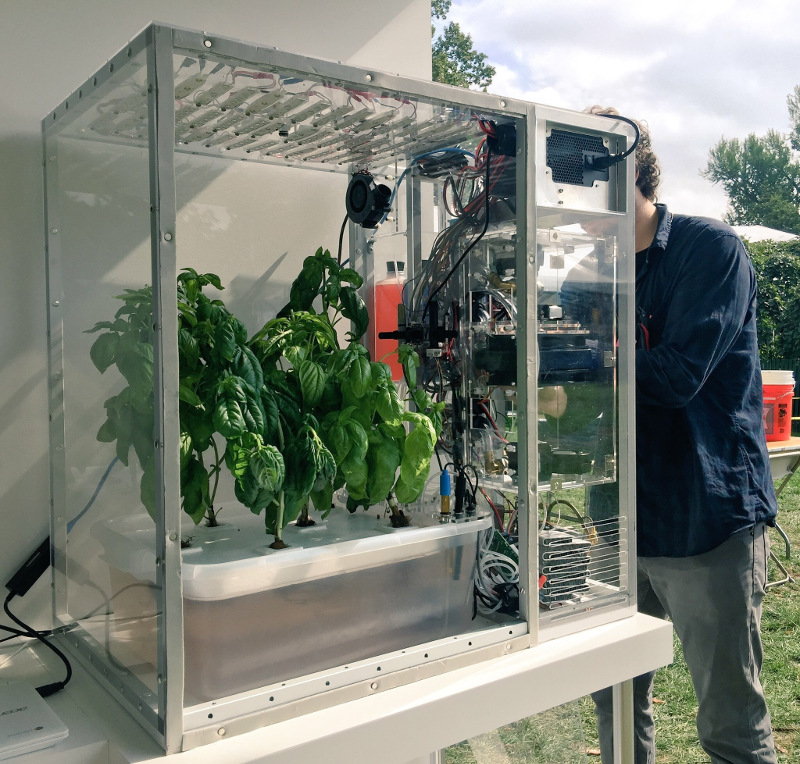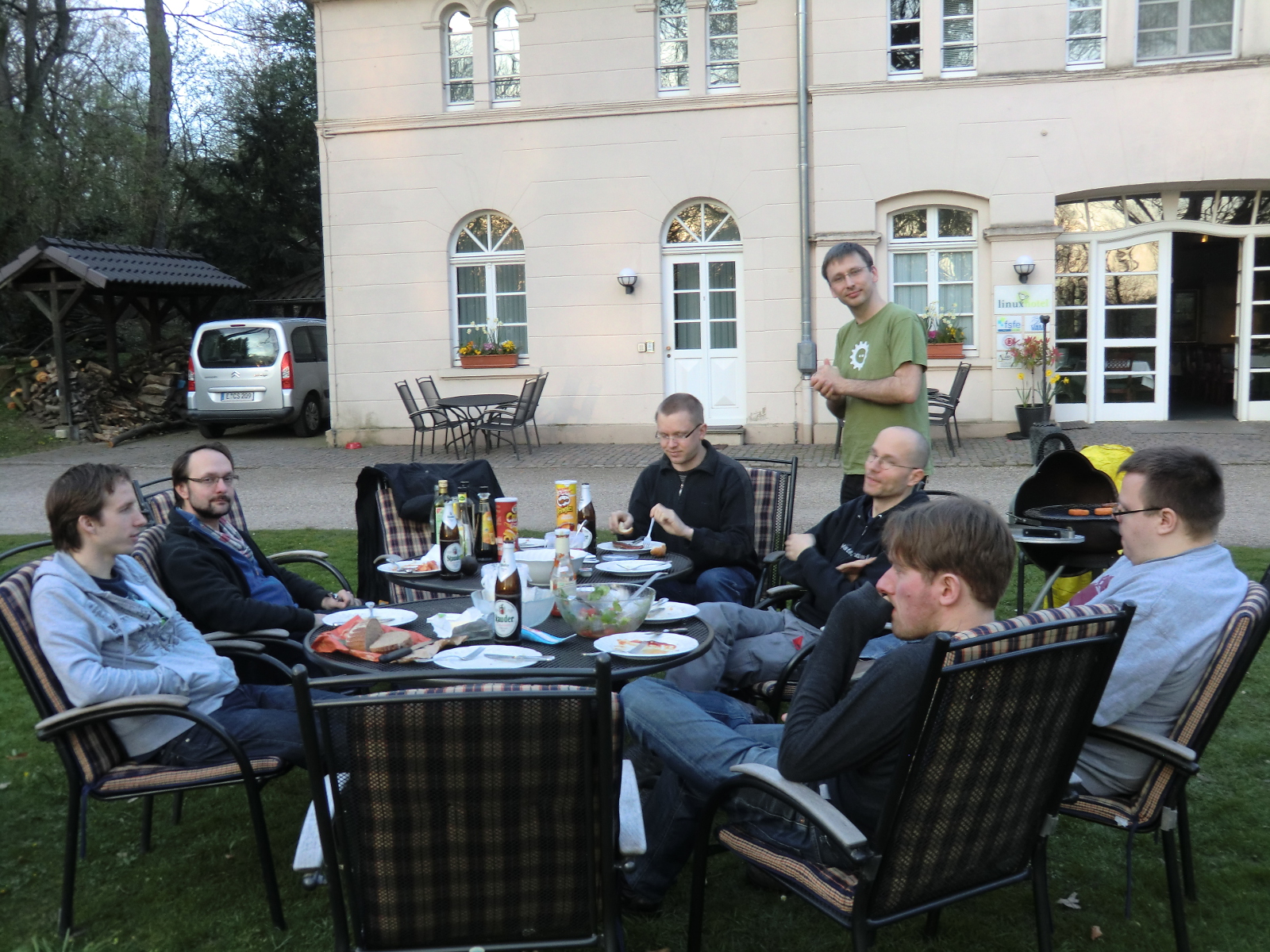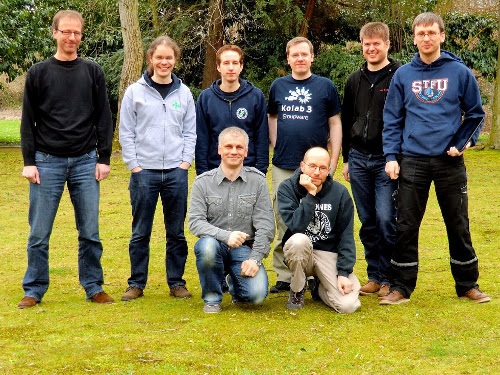 SSH
SSH is definitely one of my most often used tools, not only for system
administration at work but also on the road with my netbook, an
EeePC
701 running
Debian Sid.
On the road, it often happens that I have a flaky
WLAN or
UMTS
connection, so I often have to kill (via
<Enter>~.)
and reconnect my
SSH session due to a changed
IP address or so.
First step against problems arising from using
SSH over unreliable
network connections is of course
GNU Screen. Second step is use
SSH
keys and ssh-agent to not needing to type the password on every
reconnect.
But it s still very annoying to kill the
SSH connection and call ssh
again manually. For luck there is
autossh, a wrapper around
SSH which
regularily checks via two tunnels connect to each other on the remote
side if the connection is still alive, and if not, it kills the ssh
and starts a new one with the same parameters (i.e. tunnels, port
forwardings, commands to call, etc.).
It s quite obvious that this is perfect to be combined with screen s
-R and
-d options (Reattach if a detached
screen is around, else start a new screen; detach a currently attached
screen), so I found myself very often typing (or fetching it from the
commandline history :-):
autossh -t sym.noone.org 'screen -Rd'
-t is necessary to allocate a terminal device on the
remote machine which is not done by default if you directly call a
command via
ssh.
In comparision to
OpenSSH, autossh needs the single quotes, because
otherwise it would parse
-Rd as options to parse to
ssh and bail out. That s not a real problem, but when
you re used to just type
ssh -t sym.noone.org screen -Rd
without any quotes, you ll run into this then and when.
Update, 25-May-2010, 14:55: As Carsten Hey points
out,
autossh also supports the
-- option to
declare that all following options and parameters must be passed to
ssh itself. (End of Update)
Typing that often and mistyping it then and when cries for an shell
alias or an shell function. So I came up with the following shell
function:
asc()
autossh -x -a -t "$@" 'screen -RdU'
I used a function instead of an alias in case of
autossh
will in future regard all parameters given after the command as part
of the command as
ssh does.
The additional options
-x and
-a disable X
and
SSH Agent forwarding which both don t work if you reattach to an
already running
screen.
And if you re using
Zsh as I do, you can even add some more format
string magic to set the window title more or less to the expanded
alias, eh, function:
function asc()
# Set the title to something more obvious, e.g. the expanded
# alias, eh, function
print -Pn "\e]0;%n@%m: autossh -t $* 'screen -RdU'\a";
autossh -x -a -t "$@" 'screen -RdU'
compdef asc=ssh
Update, 25-May-2010, 14:59: As Hauke points out in a
comment, Zsh users should also declare that
asc should
have the same tab completion as
ssh itself. The example
above has been updated accordingly. (End of Update)
In the meanwhile on the EeePC I use
asc on the
commandline more often than
ssh itself. And I nearly no
more type
autossh. (The most common exception here is
autossh hostname tail -F /path/to/some/logfile.)
Using that function you can also add common
ssh options
for tunneling, etc. I use it most often like this:
asc -D 1080 sym.noone.org
This opens a
SOCKS proxy on localhost, port 1080 and that way I can
surf via the host I m connecting to by
SSH.
There s one small drawback though: You didn t expect that I can just
invent some new three letter command without a namespace clash, did
you? There is a free game called
Advanced Strategic Command whose binary (and
Debian package)
is named
asc, too. If you have that game installed, you
can always call it using its full path, e.g.
/usr/games/asc on Debian.
P.S.: My whole
grml based
.zshrc is also
available via git
at
git.noone.org as well as
on github.
 src:developers-reference translations wanted
I've just uploaded developers-reference 12.19, bringing the German
translation status back to 100% complete, thanks to Carsten Schoenert. Some
other translations however could use some updates:
src:developers-reference translations wanted
I've just uploaded developers-reference 12.19, bringing the German
translation status back to 100% complete, thanks to Carsten Schoenert. Some
other translations however could use some updates:
 The Debian Electronics Team is happy to announce that the latest version of
Arduino, probably the most widespread platform for programming AVR
micro-controllers, is now
The Debian Electronics Team is happy to announce that the latest version of
Arduino, probably the most widespread platform for programming AVR
micro-controllers, is now 

 Do we need it?
Some people have commented on the cost of equipment and electricity. Carsten Agger recently blogged about
Do we need it?
Some people have commented on the cost of equipment and electricity. Carsten Agger recently blogged about  Debian LTS
October marked the eighteenth month I contributed to
Debian LTS
October marked the eighteenth month I contributed to  Today was a nice day with a surprising number of early Christmas presents:
Today was a nice day with a surprising number of early Christmas presents:
 What happened in the
What happened in the 

 The MeeGo community is frustrated with the news of the MeeGo brand being abandoned. Some are understandably angry or otherwise not happy about how Linux Foundation, Intel handled the
The MeeGo community is frustrated with the news of the MeeGo brand being abandoned. Some are understandably angry or otherwise not happy about how Linux Foundation, Intel handled the 

 SSH is definitely one of my most often used tools, not only for system
administration at work but also on the road with my netbook, an
SSH is definitely one of my most often used tools, not only for system
administration at work but also on the road with my netbook, an